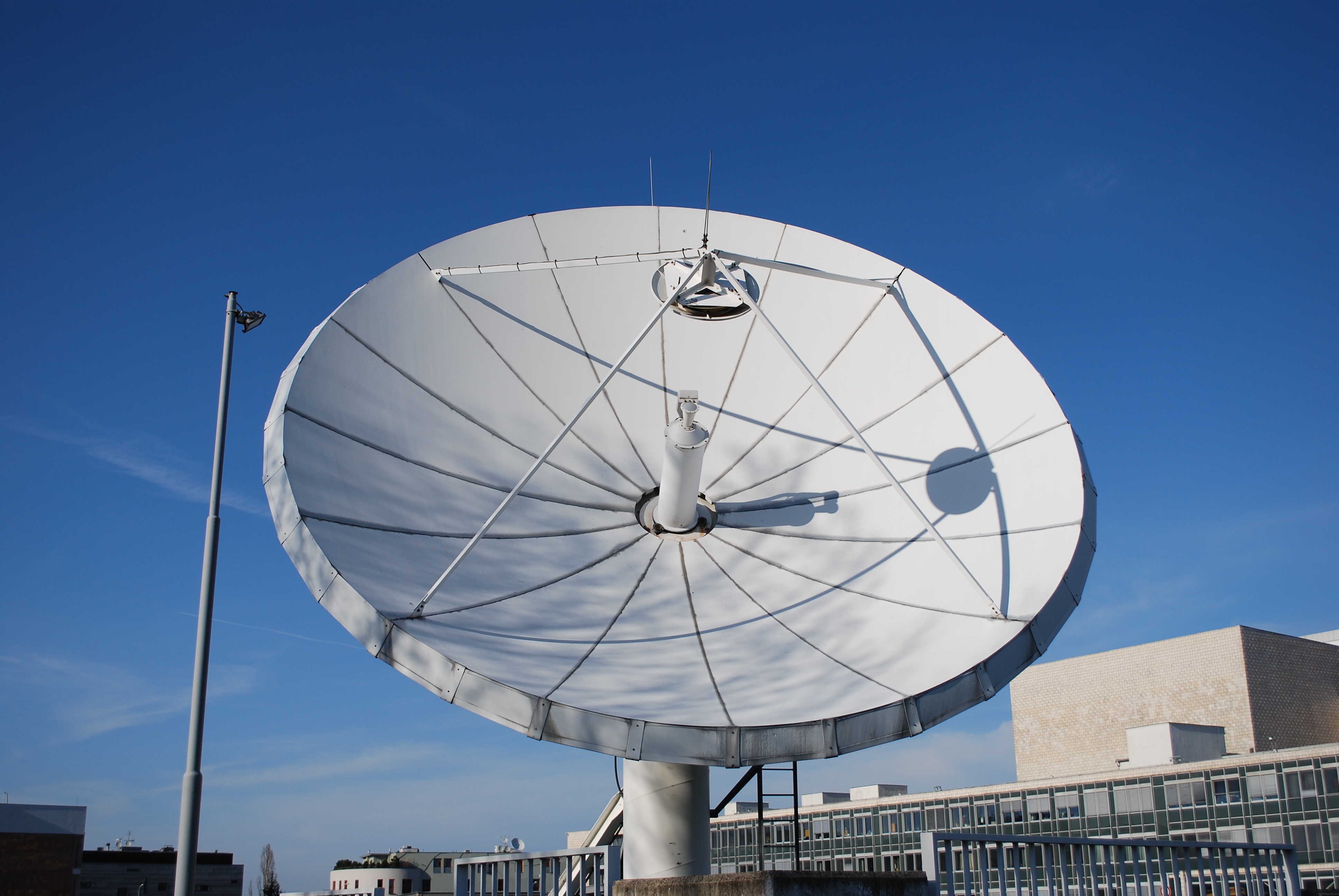Media Execs: FCC Should Consider Pandemic Impact on C-Band Payment

The smarter way to stay on top of the multichannel video marketplace. Sign up below.
You are now subscribed
Your newsletter sign-up was successful
Broadcasters and cable operators told the FCC this week that it should take the COVID-19 pandemic into account when it comes up with a lump-sum payment for moving incumbents off C-band spectrum being freed up for 5G wireless broadband.
They also argue the FCC should create a less burdensome process for live sports programming production that will need to tap into the freed-up spectrum.
The FCC is clearing 300 of the 500 MHz of C-band satellite spectrum for 5G, spectrum that cable operators and broadcasters use to receive network programming. They can still use it, just much less of it, and will have to move to make room for wireless companies bidding for the cleared spectrum at auction.
That pitch came in a socially distanced meeting April 28 between FCC staffers and execs from Charter, Cox, Comcast/NBCU, ViacomCBS, Disney and ESPN, the National Association of Broadcasters, and NCTA-The Internet & Television Association.
The FCC earlier this week sought comment on what costs it will need to cover for satellite operators and its head-end customers--including broadcast and cable operators--moving out of the 280 MHz of spectrum--plus a 20 MHz guard band--it is freeing up for its 5G spectrum auction.
Related: Divided FCC Votes on C-Band Auction
The execs weighed in the same day.
The smarter way to stay on top of the multichannel video marketplace. Sign up below.
The FCC is proposing that it offer a lump sum payment to earth station operators (the aforementioned cable and broadcast satellite clients) based on the average costs of moving off the spectrum.
The execs said the FCC should take into account the "potential cost impacts resulting from supply chain disruptions due to the COVID-19 pandemic," when it comes up with that lump some payment estimate.
They also pushed an issue particularly important to ESPN, at least when the new normal gets more back to normal when it comes to sports--special temporary authorities (STAs) for mobile, occasional-use earth stations, to use the 3.7-4.0 GHz spectrum, the use of which wireless operators are getting at auction.
The execs say that given that there are tens of thousands of live sporting events around the country each year employing those mobile earth stations, the FCC should not require program networks to seek STAs for each, which they said would be incredibly burdensome.
Instead, they want the FCC to deemed such waivers automatically granted 24 hours after filing so long as they meet some basic conditions, time- and location-limited use, for example, and on a secondary basis--which means wireless signals take precedence--and so long as the FCC finds no reason to hold up the application.
Or, they say, the FCC could create a rebuttable"presumption" in favor of granting, as it did with findings of effective competition in MVPD markets.
They also said the FCC could just grant a blanket waiver or forbear enforcing the rules, that allowed for "only secondary, non-interfering, occasional use by programming networks at live sporting events for limited durations of time."
Contributing editor John Eggerton has been an editor and/or writer on media regulation, legislation and policy for over four decades, including covering the FCC, FTC, Congress, the major media trade associations, and the federal courts. In addition to Multichannel News and Broadcasting + Cable, his work has appeared in Radio World, TV Technology, TV Fax, This Week in Consumer Electronics, Variety and the Encyclopedia Britannica.

